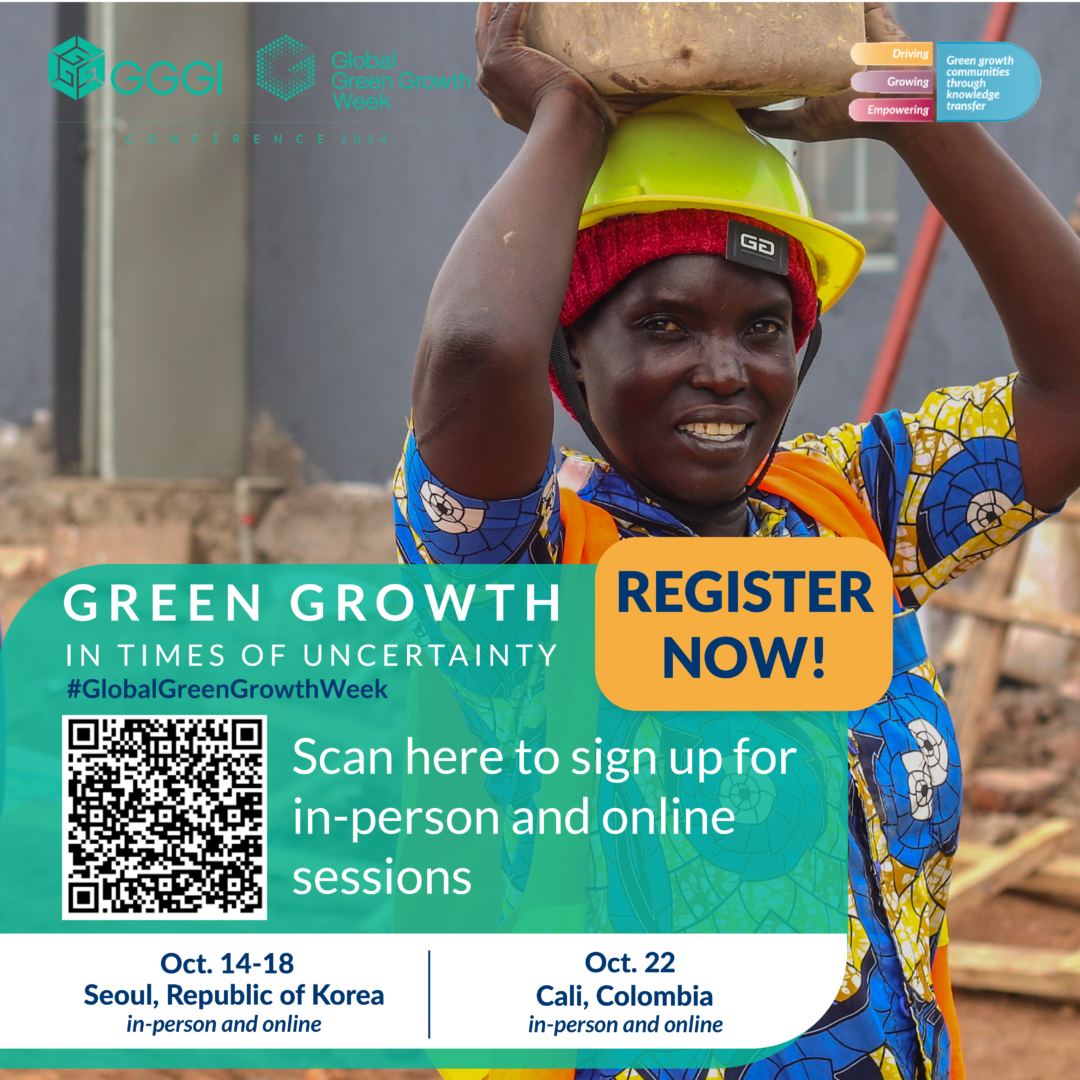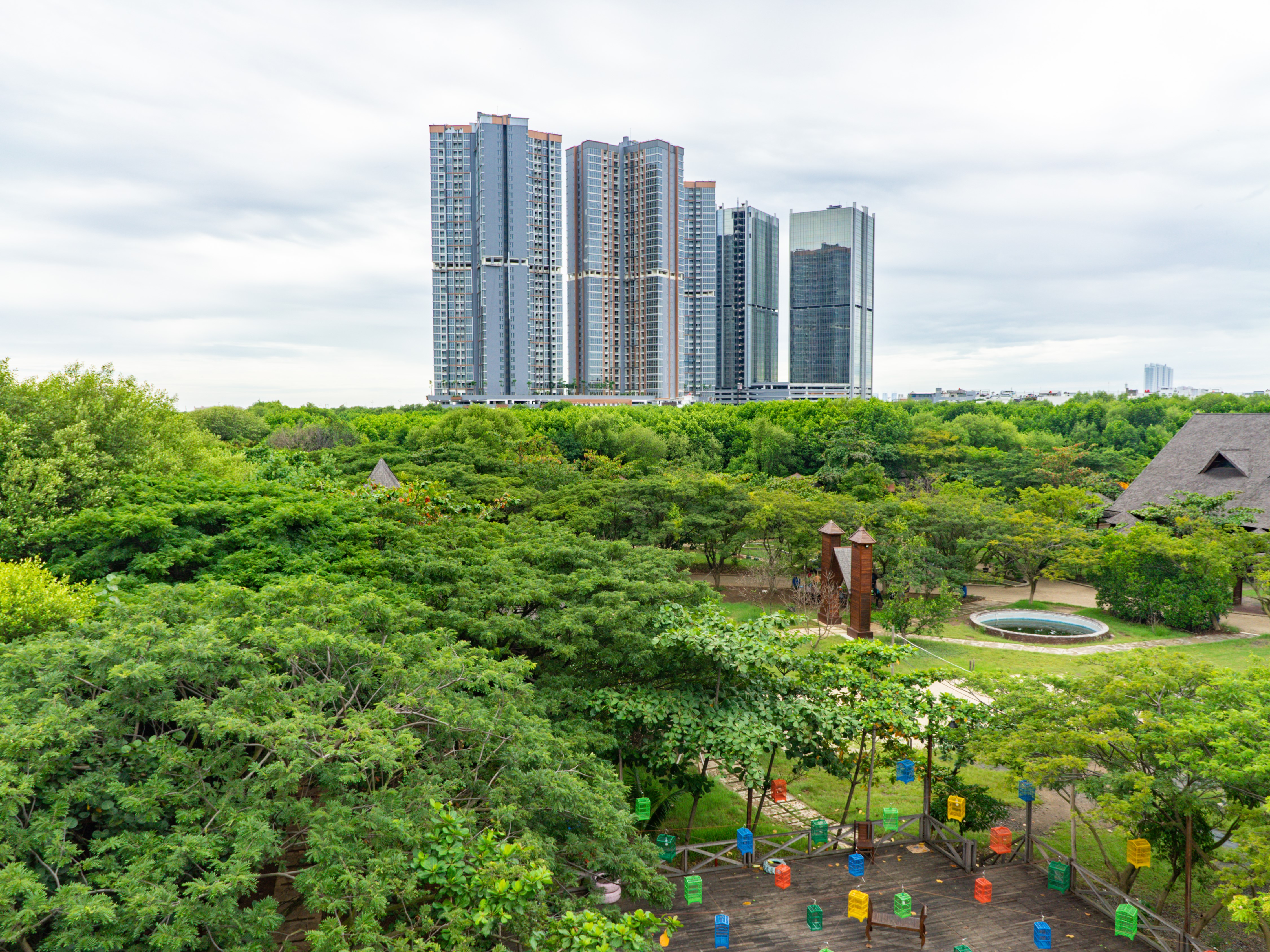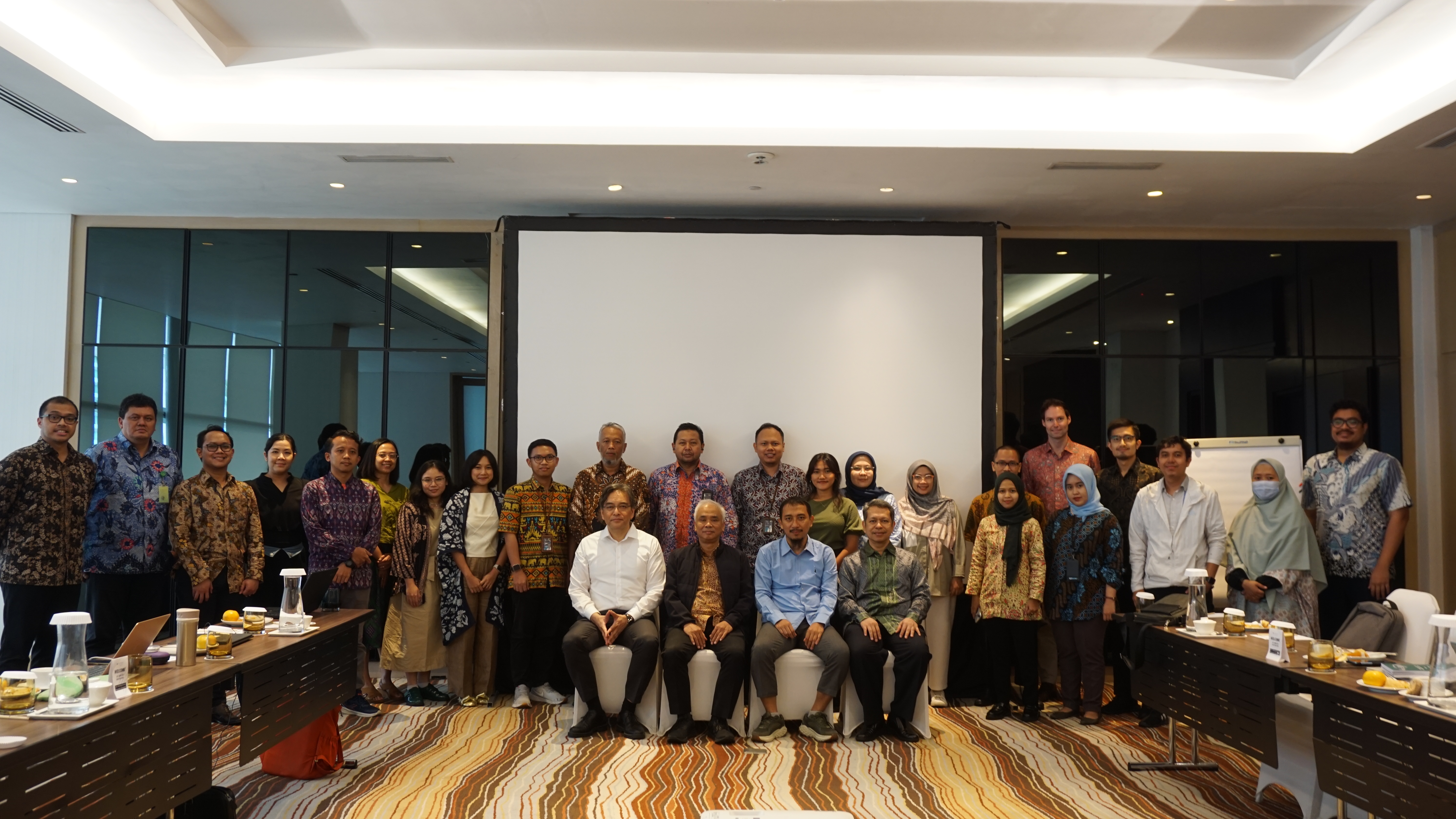Climate Villages Program Virtual Exhibition: Efforts and Commitments at the Grassroot-level
Raising community awareness on mitigation and adaptation at the grassroot-level to tackle various challenges posed by climate change have become all the more significant amidst the COVID-19 pandemic that have been on-going since early 2020.
Some regions and grassroot-level communities in Indonesia have even begun such efforts before the pandemic struck, and it’s time for them to share the knowledge and experiences learnt to encourage further participation and contribution from more regions and grassroot-level communities towards realizing Indonesia’s efforts for climate resilience.
In regard to that, the Ministry of Environment and Forestry (MoEF) conducted a virtual exhibition titled “Climate Village Program (ProKlim): Sustainable Lifestyles at the Grassroot-level – A Solution Amid the COVID-19 Pandemic” with the support of the Global Green Growth Institute (GGGI). The exhibition was held on Thursday, June 17, 2021 with an attendance of 500 participants and conducted to celebrate World Environment Day as well as showcase the various efforts and climate actions implemented by a number of regions in Indonesia through the climate villages program.
Through the virtual exhibition, participants are introduced to the climate change mitigation and adaptation actions and invited to take part in them as done by pilot neighborhood associations (RW), villages, and sub-districts together with Climate Change and Forest-Fire Control Bureaus (PPI-KHL) across five regions in Indonesia.
The Minister of Environment and Forestry Regulation No. 84 year 2016 (Permen LHK NO. 84/2016) on Climate Villages Program is the basis for the ProKlim’s implementation. The regulation states that ProKlim is developed and implemented at neighborhood associations (RW) or sub-villages (dusun) as the lowest administrative levels, and sub-districts or villages as the highest administrative levels. ProKlim is also intended as a concrete contribution towards the Nationally Determined Contribution (NDC) as Indonesia’s international climate commitment.
An example of a climate change adaptation action for developing food resilience exhibited during the event are the development of sustainable and independent vegetable and medicinal herb farms built on unused land, neighborhood yards as well as above seawaters by the citizens of Bugis Village Sub-district, Tanjung Pinang, Riau Province and RW.23, Purwantoro Sub-district, Malang, East Java Province. Furthermore, in Salassae Village, Bulukumba District, South Sulawesi, the citizens anticipate drought, floods and landslides by preparing ponds, terraces, rainwater captures, as well as digging biopore filtration holes and drains.
As for mitigation actions, the people of Mensiau Village, Kapuas Hulu District, West Kalimantan Province presented their example of an energy related ProKlim where they take advantage of solar panels to supply daily electricity needs. The East Kalimantan Province on the other hand is a recipient of a results-based payment program from the Forest Carbon Partnership Facility – Carbon Fund (FCPF-CF) through the Mitigation-ProKlim entity. Lastly, participants are also introduced to the solid and liquid waste management efforts in Margorukun Village, South Manokwari District, West Papua Province.
Through this event, the public is expected to participate and raise awareness on contributing towards the achievement of Indonesia’s NDC targets with concrete actions at the grassroots-level as shown by the five ProKlim regions.




